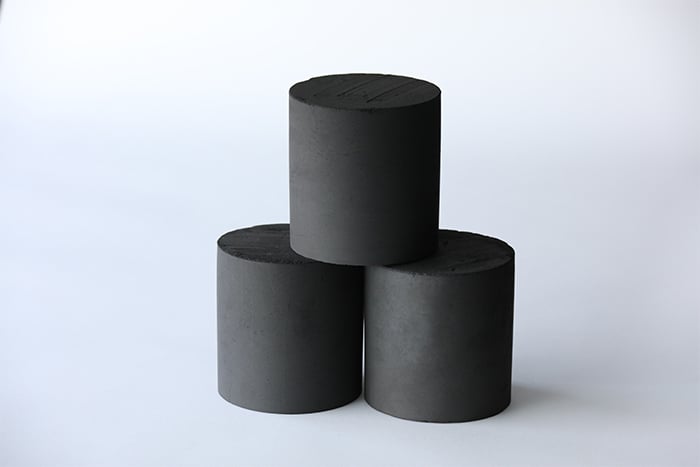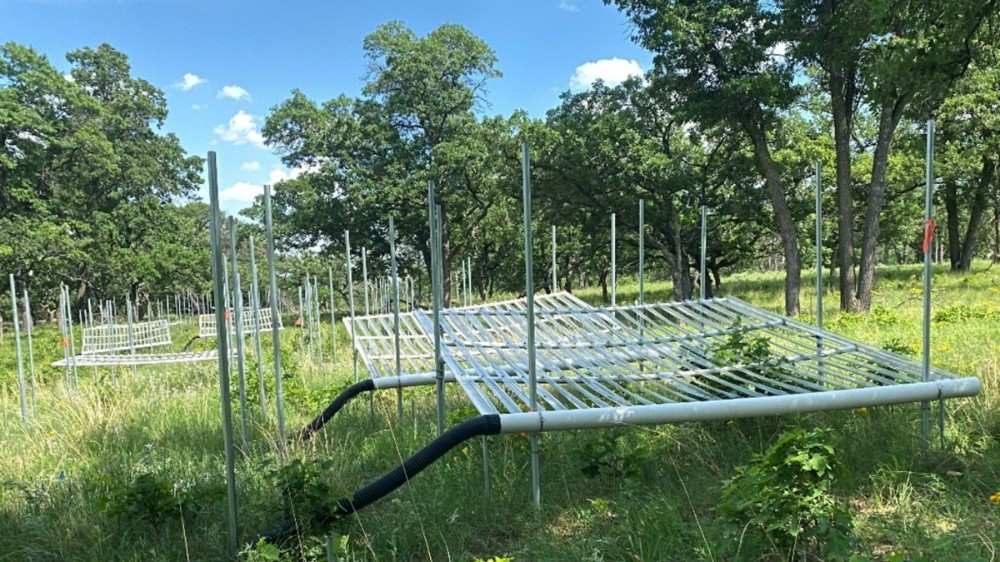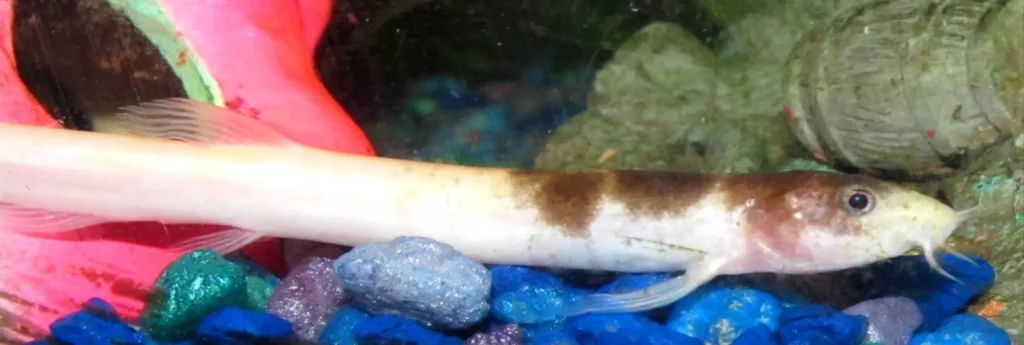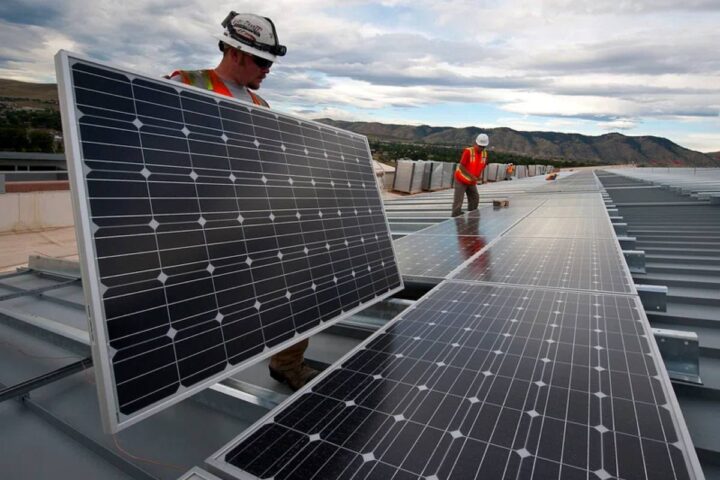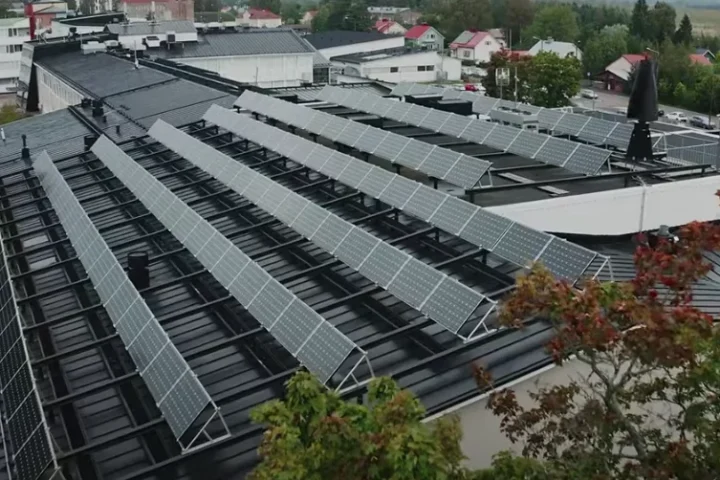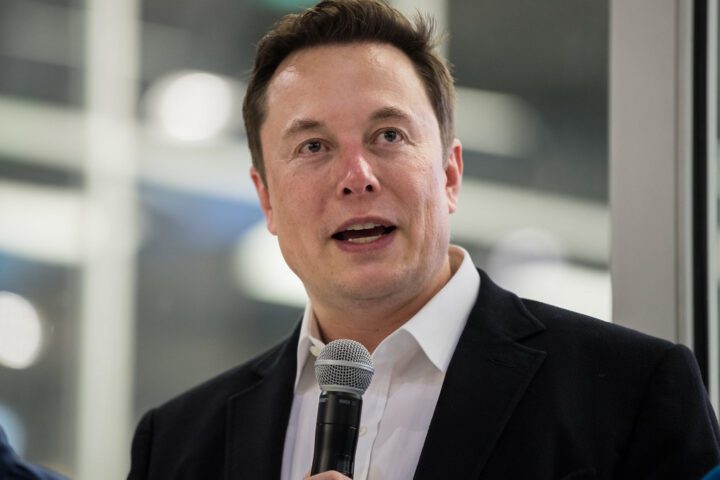Mazda has found a way to melt metal without using fossil fuels at its Hiroshima factory. The company now runs its cupola furnace on briquettes made from coconut shells instead of coal.
This is the first time anyone has run this type of industrial furnace completely on plant material. The furnace melts metal to make car parts like engine blocks and brake discs.
Mazda tested the plant-based fuel and found the furnace works just as well as with traditional fuel. This helps Mazda move toward its goal of zero carbon emissions from all its factories by 2035.
“We aim to make our entire supply chain carbon-neutral by 2050,” said a Mazda official.
The company is also testing used coffee grounds collected from local coffee shops and office vending machines. Tests show these coffee remains can be pressed into fuel briquettes too.
In March 2023, Mazda created a working group with partner companies to develop this technology. They’re figuring out how to make the fuel and find local materials to use.
Similar Posts
The plan is to create a system where waste from Hiroshima and nearby areas becomes factory fuel. This would support local businesses while cutting waste and pollution.
Making this work wasn’t easy. Plant fuels burn differently than coal. They contain different energy levels, make different ash, and have unique burning patterns. Engineers had to solve these challenges to keep the furnace running smoothly.
Mazda wants all its metal-melting furnaces to run on waste-derived plant fuel by 2030. They’re partnering with local businesses, government offices, and universities to ensure they have enough raw materials.
This project is part of Mazda’s three-step plan: use less energy in manufacturing, switch to renewable electricity, and develop carbon-neutral fuels.
Plant-based fuels are considered carbon-neutral because growing plants absorb the same amount of carbon dioxide that’s released when the fuel burns. This creates a balanced cycle, unlike fossil fuels which add new carbon to the air.

Car companies face pressure to make manufacturing cleaner, not just the cars themselves. Mazda’s plant-waste furnace tackles one of the hardest parts of car manufacturing to make environmentally friendly.
